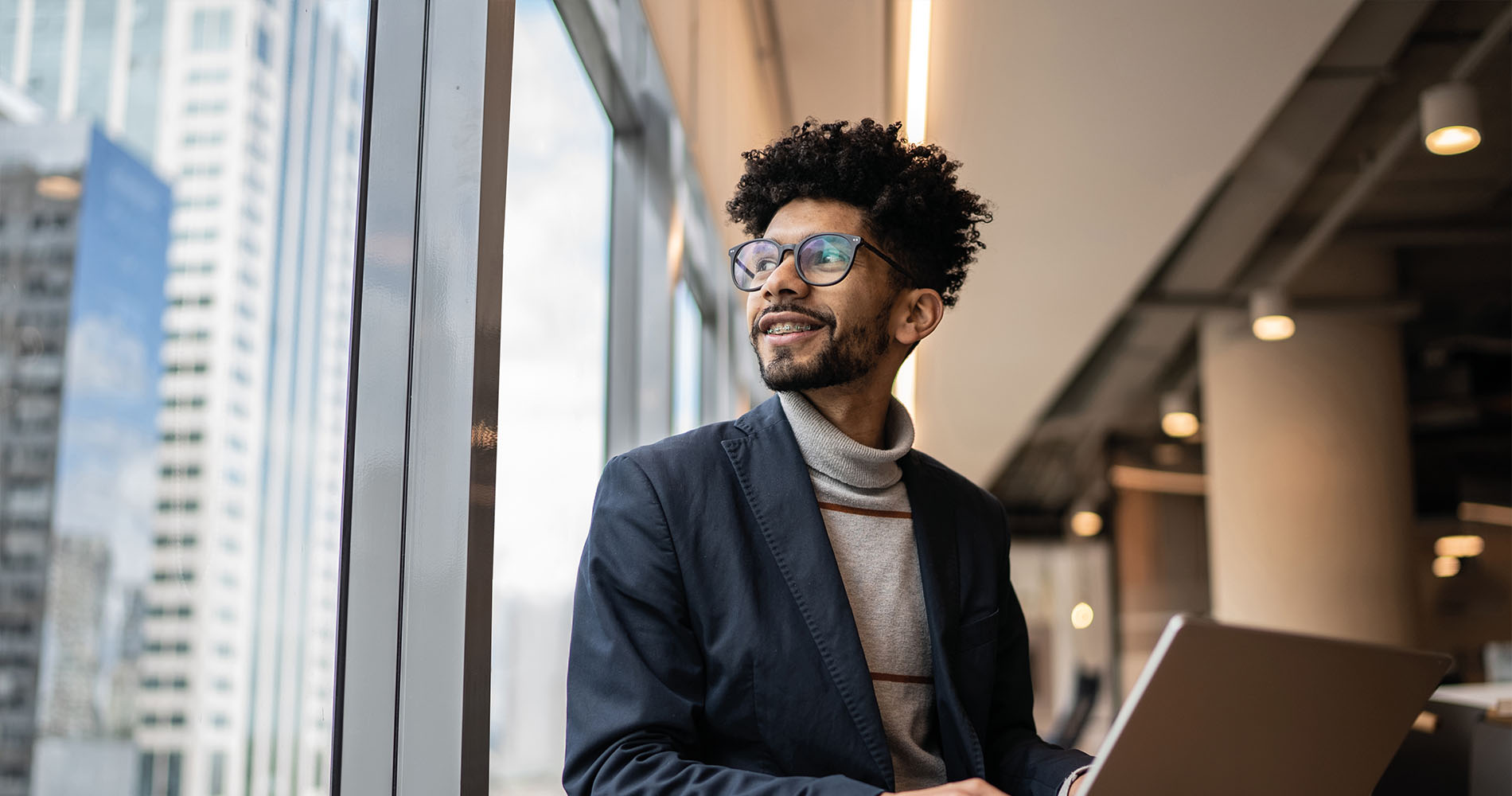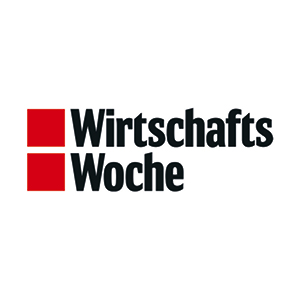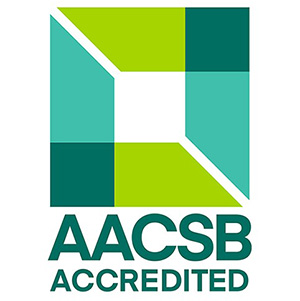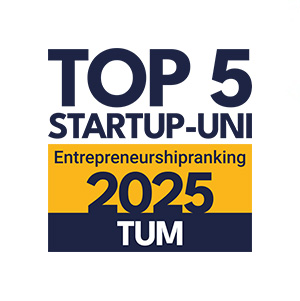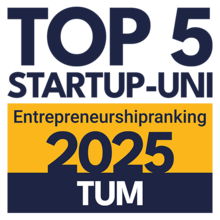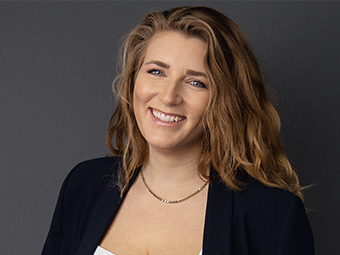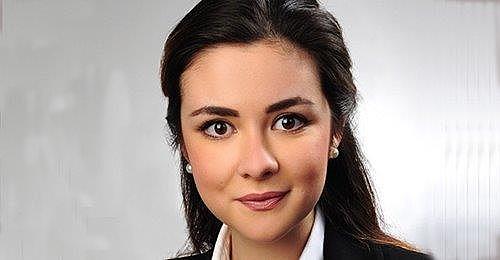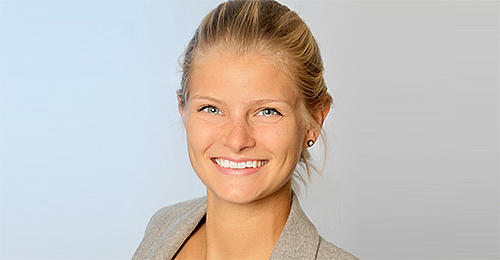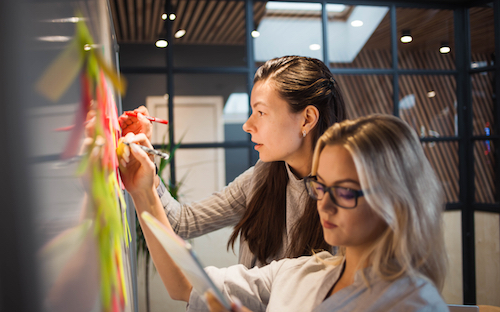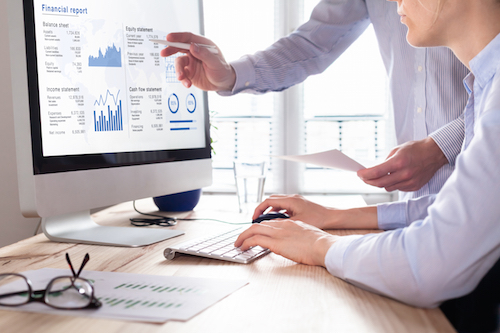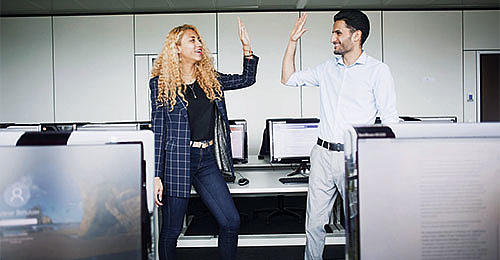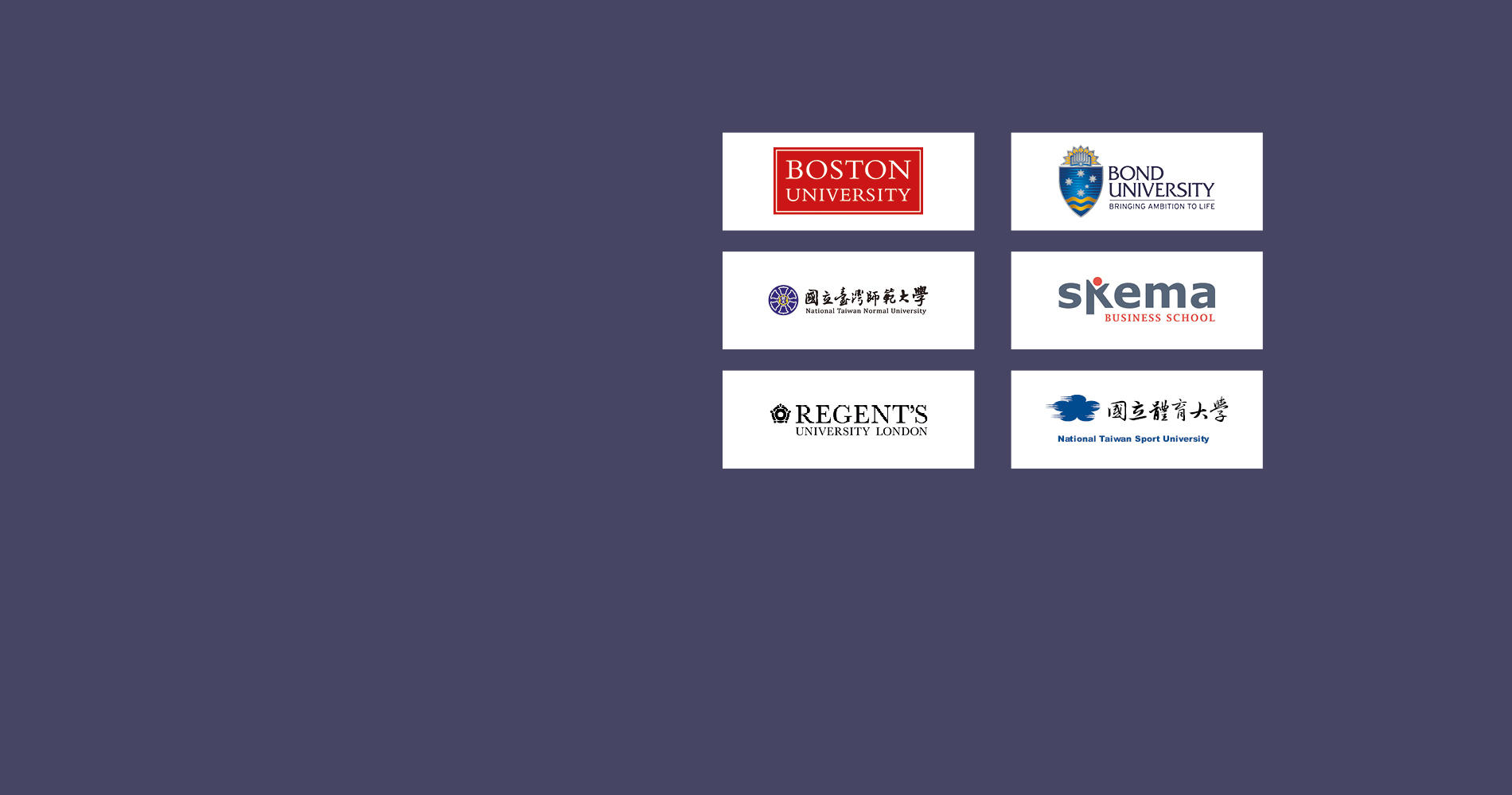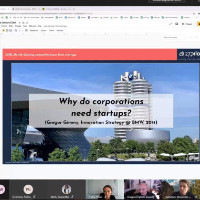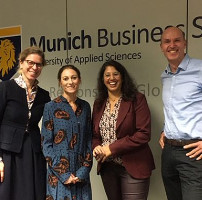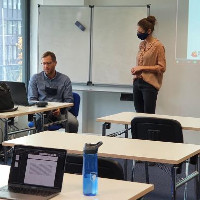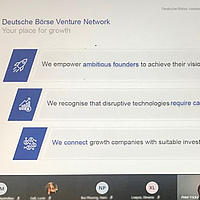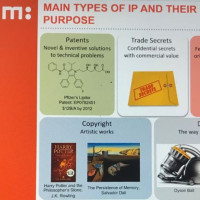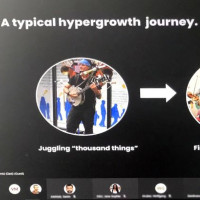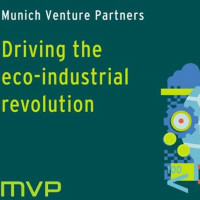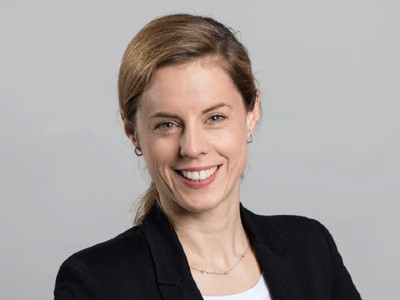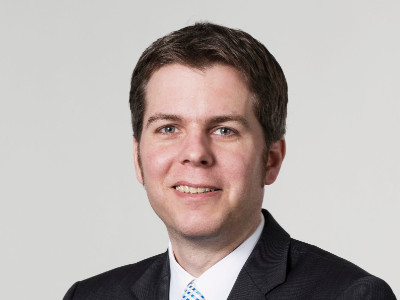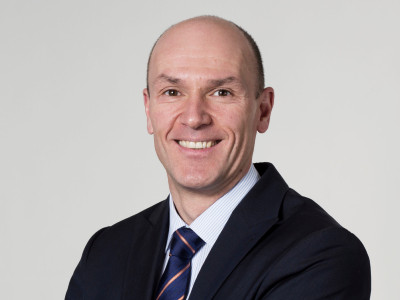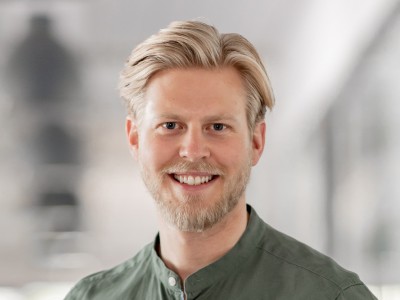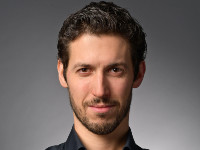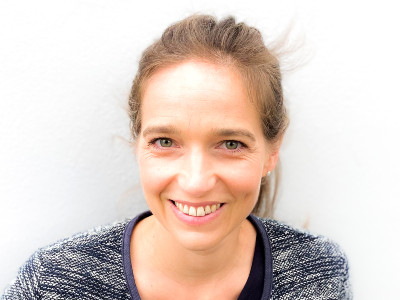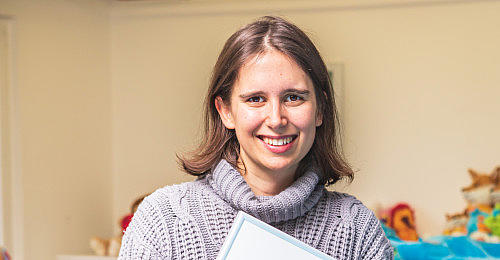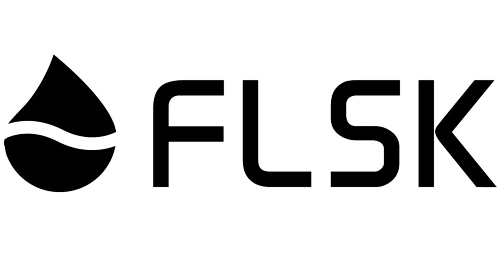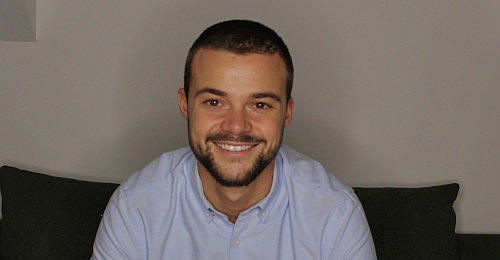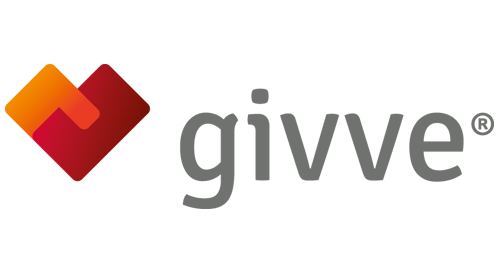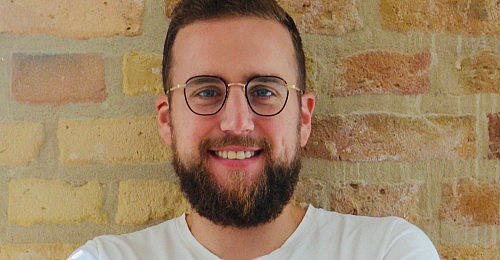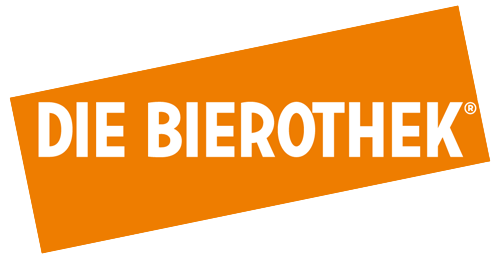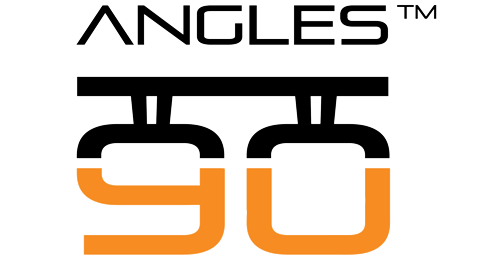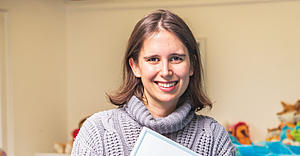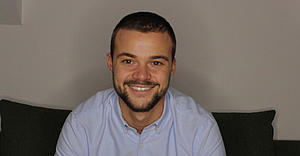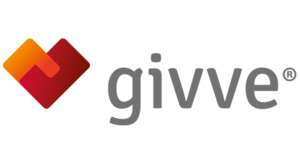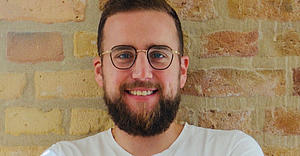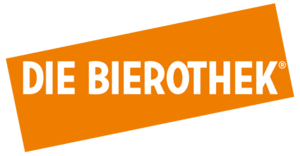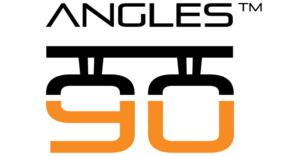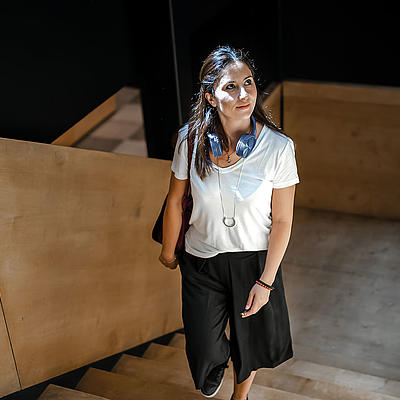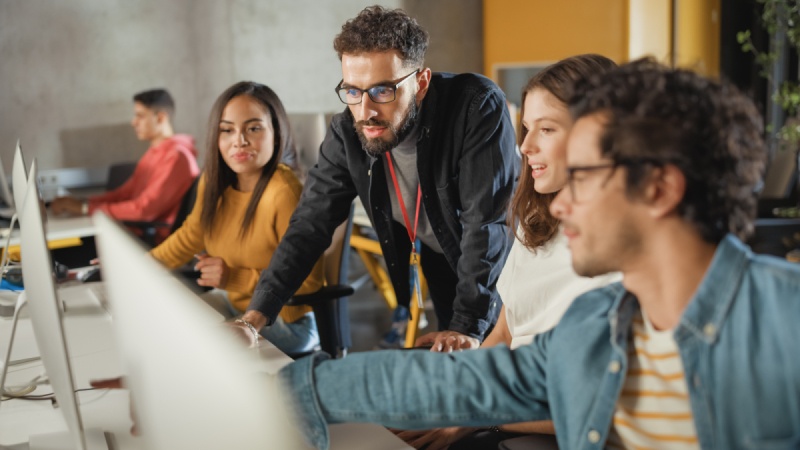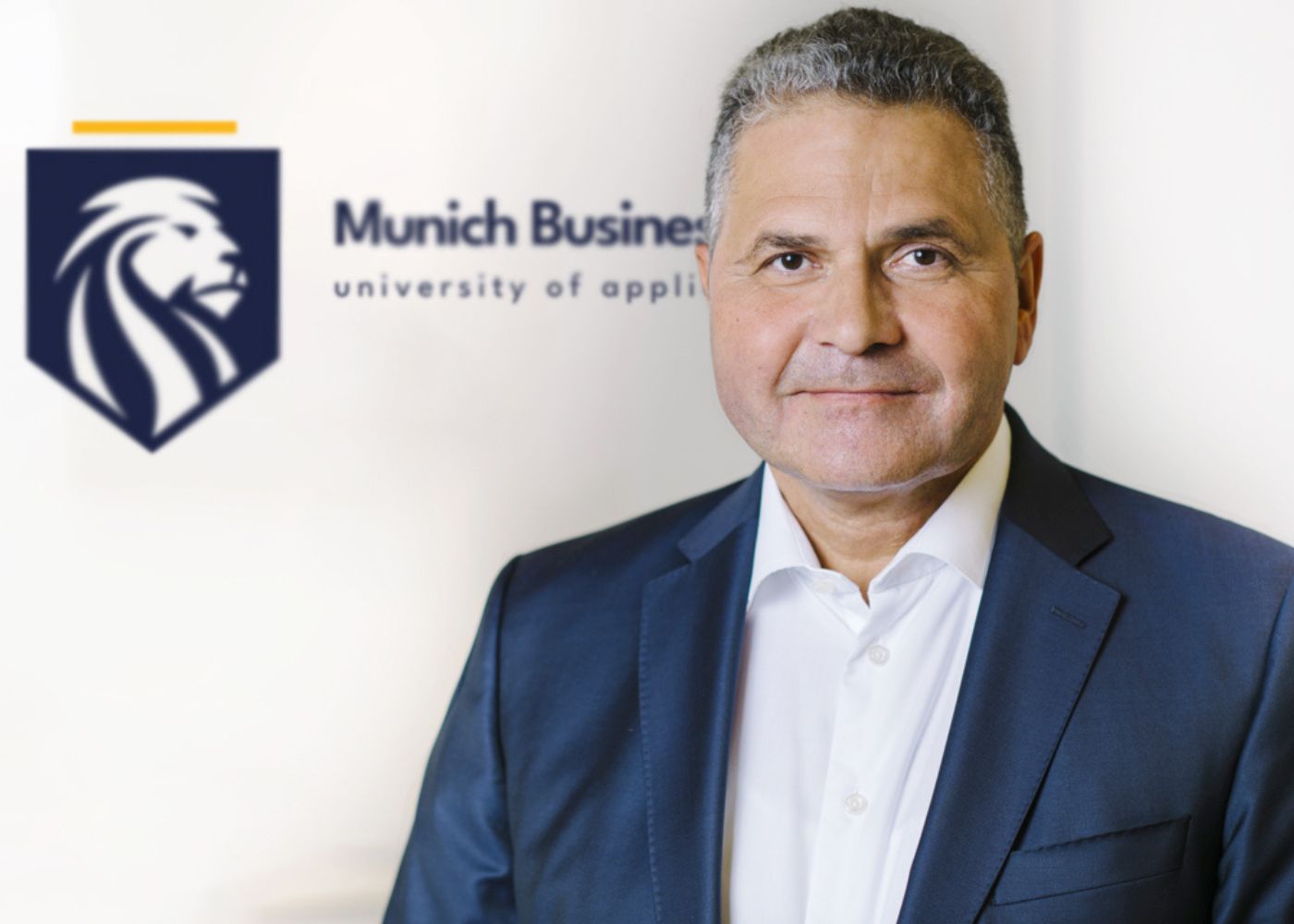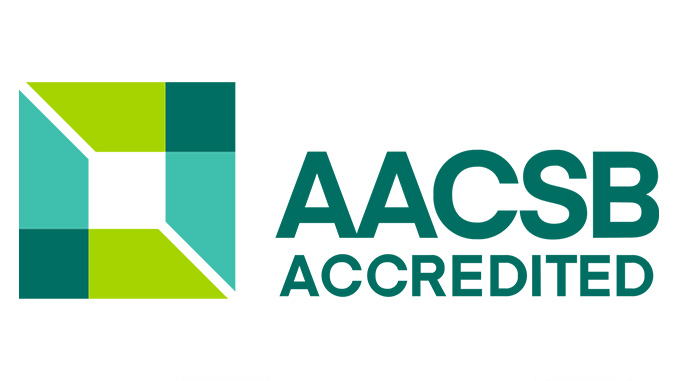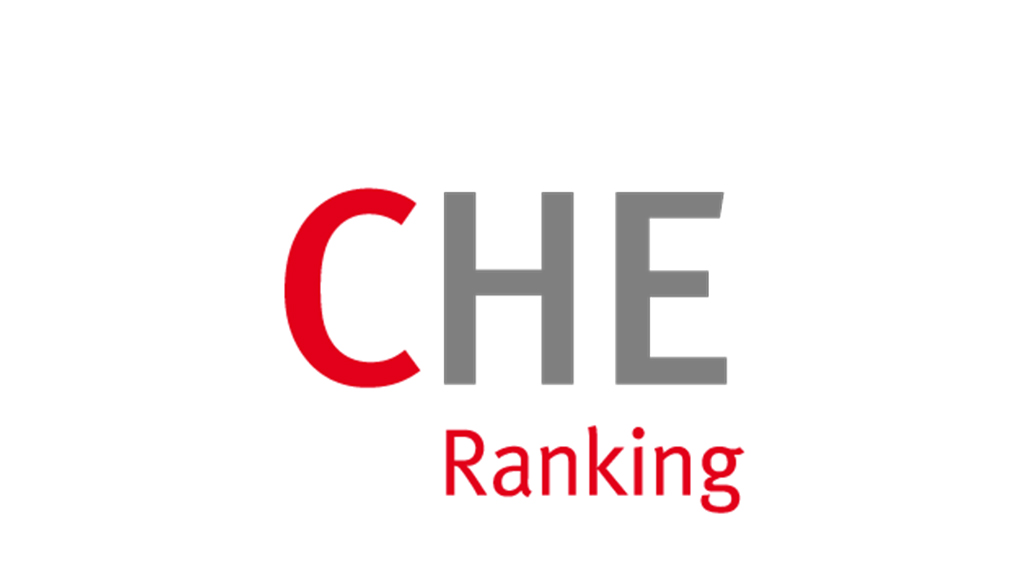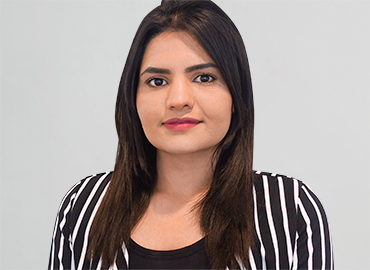Master Alumnus Patrick Bohrer has already founded several companies and is an experienced entrepreneur. One of his “babies” is the FLSK - an innovative thermo bottle which is 100% leak-proof, sustainable and keeps drinks cold for 24 hours and hot for 18 hours.
Patrick, when did you realize that you wanted to be an Entrepreneur?
My first course in Entrepreneurship and Innovation during my Bachelor studies in the USA sparked my interest. And as I come from a family business background the idea of becoming an Entrepreneur was of course always there already.
Can you tell us how you got the idea for FLSK and what happened then?
On a very hot day in summer, one of my friends came to me - with a stainless-steel bottle from South Africa which was said to keep drinks cold for 24 hours. Amazingly, it really worked, we had perfectly chilled white wine even hours later and I was absolutely fascinated!
Thus, we simply took this existing idea and started a collaboration with the South African company that had produced these bottles. We redid everything: we improved the design and the production process and focused on e-commerce instead of wholesale.
What were the biggest challenges during the founding process of FLSK?
The major challenge was that thermos bottles already existed as a product, but had just a functional and unsexy image. It took a lot of time and marketing efforts to change how people perceived thermo bottles.
In which ways did your time at MBS help you to start your own company?
The courses in Entrepreneurship by Prof. Dr. Bergfeld were of incredible value to me. There, I acquired the basics you need for founding. On top, there were events like Munich Venture Summit. There, I had the chance to deepen the relationships with lecturers and fellow students.
Looking back, is there something you would have done differently?
I would never again write a business plan! I learned one thing: you need to trust your gut instincts and have to be persistent to follow your dreams. For example, one week after we had founded FLSK, we realized that all our prognoses were wrong. You need to be flexible and patient. But, of course, that is easier said than done.
What advice would you give prospective entrepreneurs?
Try to anticipate the future and try to understand how markets change. Read between the lines. Consider the impact of media and how they work.
![]()
![]()
![]()
